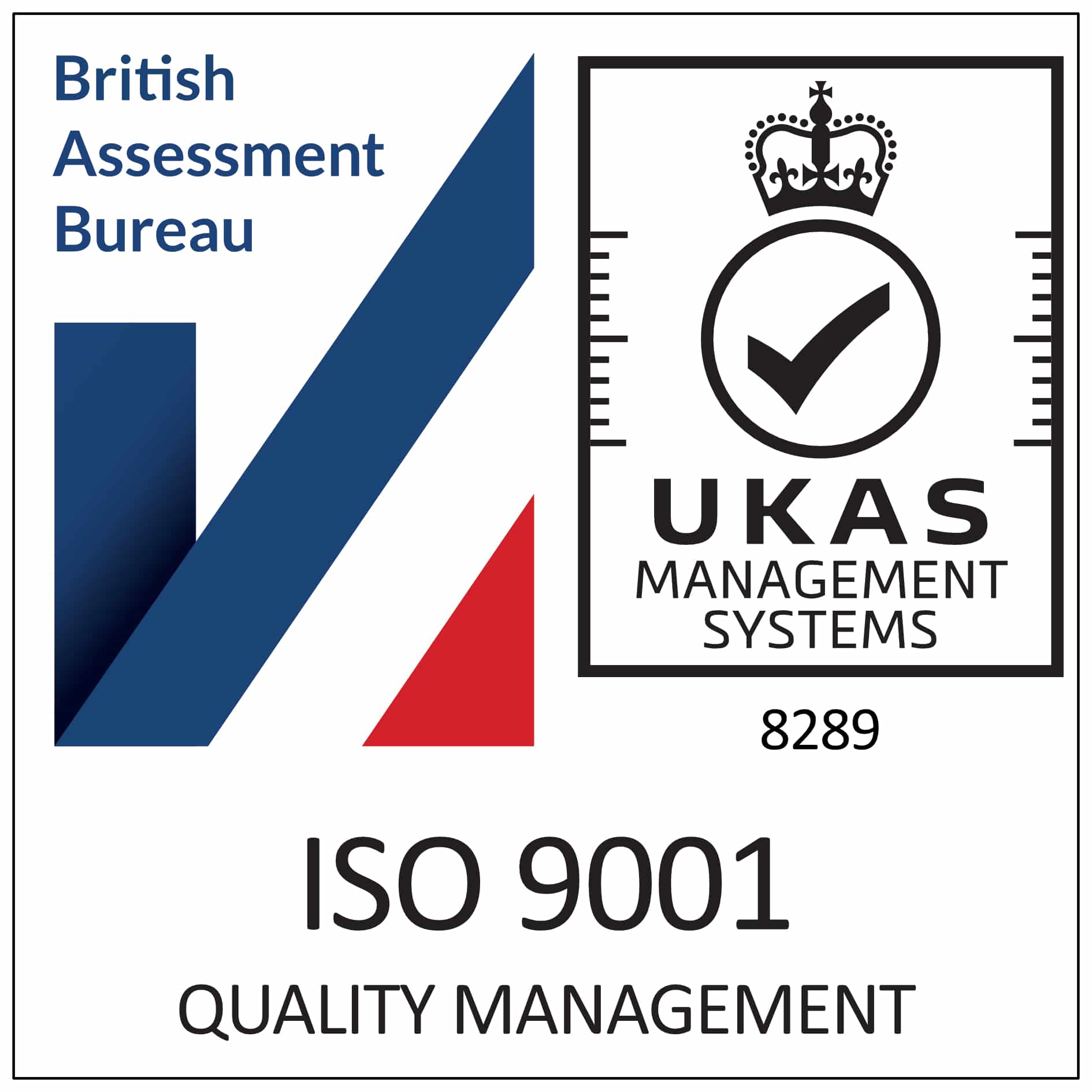As we step into 2024, the global focus on sustainability has never been more pronounced. With the
climate crisis looming large, businesses worldwide are under increasing pressure to reevaluate their
practices and embrace sustainable solutions. One area where this shift is particularly evident is in the
realm of supply chain management. The concept of a sustainable supply chain has gained significant
traction, with organisations recognising the need to minimise their environmental impact and
operate in a socially responsible manner.
Sustainable supply chain management involves integrating environmentally and ethically responsible
practices into the entire supply chain process, from product design and sourcing to manufacturing,
logistics, and end-of-life management. This comprehensive approach aims to reduce carbon
emissions, minimise waste, conserve natural resources, and uphold fair labour practices.
In 2024, we are witnessing a change in thinking in the way businesses approach their supply chains.
Sustainability is viewed as a strategic imperative that drives innovation, efficiency, and
competitiveness. The supply chain, once seen merely as a logistical network, is now acknowledged as
a significant contributor to environmental impact. Sustainable supply chain management involves
optimising processes, reducing waste, and minimising the carbon footprint – a comprehensive
approach that aligns with both ethical and business imperatives. Companies are increasingly
leveraging technology to optimise their supply chain operations while aligning with sustainability
goals.
The urgency to prioritise supply chain sustainability is underscored by its profound consequences on
the environment. Conventional supply chains often involve excessive transportation, overuse of
packaging, and inefficient practices, all of which contribute to the emission of greenhouse gases,
depletion of resources, and pollution. Embracing sustainable supply chain practices becomes
paramount as it offers a means to curtail your carbon footprint and mitigate the adverse impact of
your organisation on the planet.
Sustainable supply chains extend their impact beyond environmental concerns to address pressing
social issues such as labour rights, fair wages, and worker safety. A growing consumer demand for
ethically sourced products places companies with transparent and ethical supply chains in a
favourable position. By championing fair labour practices and contributing to local communities,
businesses can not only fulfil their social responsibility but also cultivate customer trust and loyalty.
In this landscape of change, Microsoft Dynamics 365 (D365) has emerged as a pivotal enabler of
sustainable supply chain management. D365, an integrated suite of cloud-based business
applications, offers a range of tools and functionalities that are instrumental in driving sustainability
across the supply chain.
With D365, companies can manage the entire lifecycle of their products, from sourcing raw materials
to end-of-life disposal or recycling. This capability enables organisations to make environmentally
conscious choices at every stage, promoting circular economy principles and reducing the ecological
footprint of their supply chain.
Internet of Things (IoT) integration within Microsoft D365 allows businesses to monitor energy
consumption in real-time. This paves the way for more energy-efficient operations, as organisations
can identify areas of excess consumption and implement measures to reduce their carbon footprint.
In the pursuit of modern supply chain landscape, it is evident that sustainability and innovation go
hand in hand. Embracing sustainable supply chain practices is not merely a compliance requirement
but a strategic opportunity to drive positive change while gaining a competitive edge.
In conclusion, the year 2024 marks a pivotal moment in the evolution of sustainable supply chain
management. With Microsoft D365 playing a crucial part in this transformation, businesses are
better equipped than ever to integrate sustainability into their supply chain strategies, paving the
way for a greener, more responsible future
As we look ahead, it is imperative for organisations to continue leveraging technological
advancements, fostering collaboration, and embracing a mindset of continuous improvement to
build supply chains that are not only efficient and resilient but also sustainable for generations to
come.





